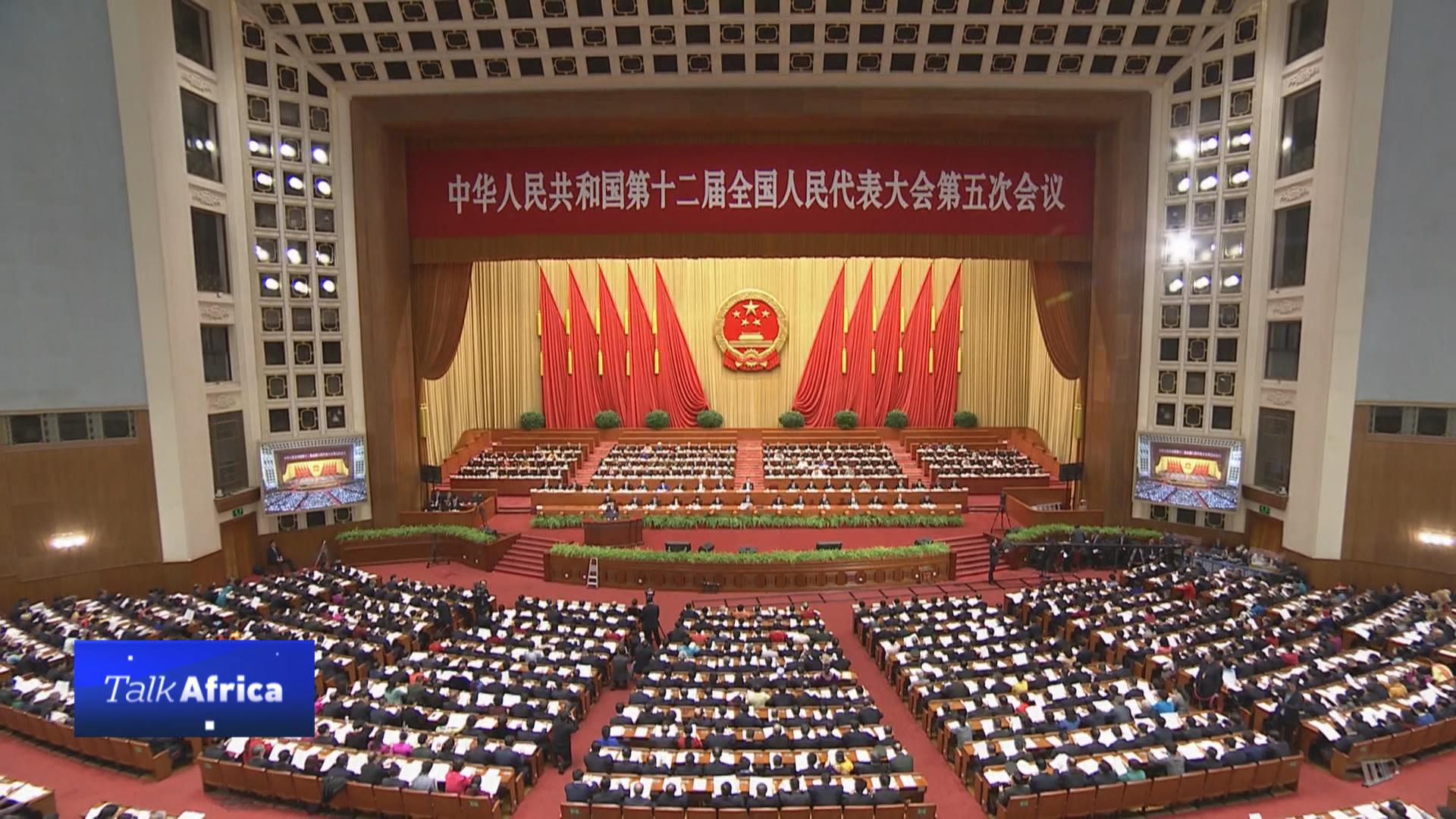
Opinion: China’s Two Sessions and the lessons for Africa

by David Owiro
The fortnight long meetings of China’s National People’s Congress (NPC) and The Chinese People’s Political Consultative Conference (CPPCC) series of meetings, dubbed “two sessions,” started on March 3rd 2018. These institutions are however not independent as they mostly ratify proposals from the communist party.
This particular two sessions is important because it will kick off president Xi Jinping’s new five year term with a reshuffle and a reorganization of government. The meetings also ratified the proposals from the Communist Party Congress held in September 2017 which included elimination of presidential term limits, among others.
Some international observers have opined that this action to repeal constitutionally set presidential term limits is a reversal of whatever little democratic gains that had been made. Many warn that this sets the stage for an autocratic imperialist regime with a president for life that would ultimately hurt the people of China through the underdevelopment that often accompanies such regimes. Of course there is no doubt that open societies reap benefits that are not only economic but are also socially healthier. However it is important to understand the various contexts within which democracy is applied in order to rate its successes or failures.
Africa’s quest for more democratic reforms have yet to yield the expected benefits of open societies. Instead, in many countries in Africa, governments are rolling back constitutional provisions such as presidential term limits, curtailing free speech, and press freedoms. There is however a question that is often missed in the analysis. That is, are there other paths to economic prosperity and socio-cultural growth other than through our perceived notions of democracy? In other words, is democracy the only way that countries can achieve economic, social and cultural prosperity? Well, the experiences perhaps indicate that we need to be more open minded in how we define democracy in the various contexts where it is applied.
First, too often proponents of democracy put a lot of emphasis on elections. They almost equate elections to democracy. The two concepts are not equal but this mindset has resulted in democratic reforms that focus on ensuring “free elections,” often at the expense of institution building and quality of representation. This in my view is partially to blame for the poor experience of democratic reforms in Africa.
Second, in democracies, elections are held within and between political parties. In those contests, the majority rules. The winning party is elected on a set of agenda or ideology which is ultimately espoused by its executive arm of government. There also exists a legislative arm which the majority uses to enact legislations that will result in the implementation of the party agenda, with a minority representation to provide alternative agenda and keep government in check.

China offers a very interesting experience in this regard. The Communist party is the ruling party and it sets the agenda for government, President Xi is currently its chairman. Whereas there is valid reason for one to argue that this situation blurs the lines between the party and the state, however, the counter argument would be that this setup actually serves quite well since the party ideology would be translated seamlessly into policy, which is, one of the tenets of a democracy. The assumption is that party members determine their ideology for which they persuade members of the public to vote for them in an election contest, and if they form a government, then they can translate that agenda into policy. The high approval ratings of President Xi even by Western countries’ data actually further cements their agenda.
The big caveat is that this will only work if the ruling party recognises the people’s priorities and is able to translate that into policy prescriptions. In the case of China, President Xi’s agenda is to enhance poverty reduction measures, implement environmental reforms, fight corruption and establish reorganized government institutions to achieve his various economic agenda. The two-sessions meetings will therefore seek to put in place legislative actions to implement this agenda, thereby enhancing the policy roll out and ultimately their implementation.

In this regard Rwanda’s experience is one that closely matches China’s, within a short period President Paul Kagame has been able to reverse the country’s underdevelopment, progressing from a civil war that nearly broke the country to one that is a beacon of growth in the region.
The lessons for Africa here is that given that most countries are led by pre-independence-ruling parties, their respective leadership should ensure that parties articulate people’s priorities and that this translates into policy agenda given that they are also able to control parliamentary agendas.
Recently South Africa’s ruling party, the ANC was able to remove Jacob Zuma through party action. Members resolved to remove President Zuma because they felt he was no longer fit to serve and that he had moved away from the party ideals.
Therefore, in my view if we can shift away from the very stiff definitions of democracy and instead focus on ways to enhance our economic, and socio-cultural growth based on our varying contexts, then we will all be better off.
David Owiro is an Independent Policy Analyst
The views and opinions expressed in this article are those of the author and do not necessarily reflect or represent any official or unofficial position of CGTN, its employees or management.






